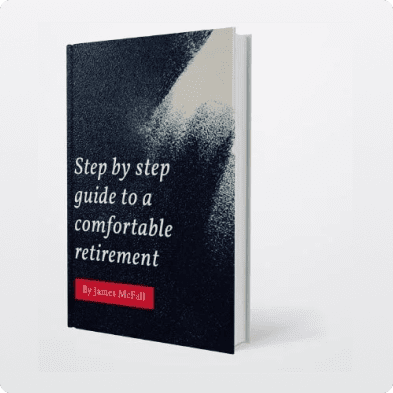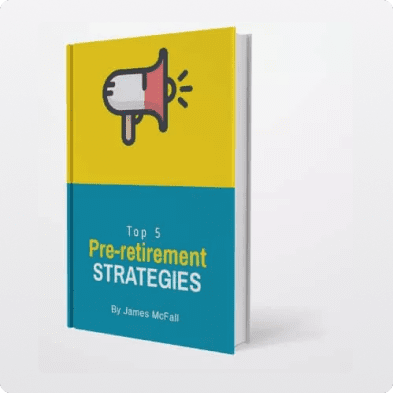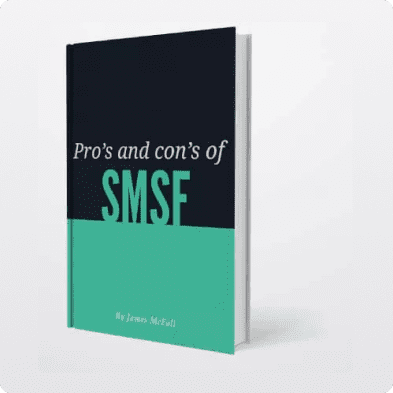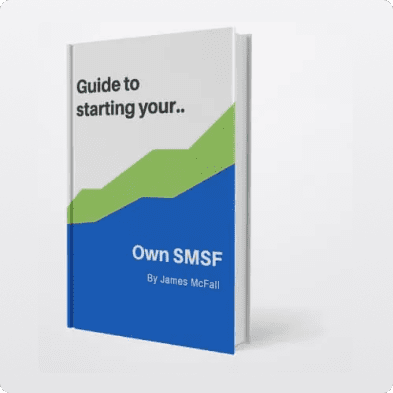This article, written by the experts at Yield, aims to outline the advantages and disadvantages of direct share investment.
Benefits
By investing in shares directly, you have complete control over where, and in what quantity, your money is invested at all times. The spread across stocks, or asset classes, can be entirely customised to suit your personal investment needs.
Also, you and your adviser are not constrained by the investment limitations that are often placed on managed funds. If you don’t like a particular stock (or industry sector) then you can completely avoid it. Provided you have enough funds to obtain sufficient diversification, direct shares give you a cost-effective solution to gaining exposure to the Australian stock market.
They also offer the most control over how you manage your personal tax position, as you can time the sale of stocks considerate of your personal circumstances. Fully franked dividends are another example of this and can be of enormous benefit to many investors — especially those who invest via their superannuation.
In addition, you have access to Listed Fixed Interest Securities — which avails the more conservative portion of your portfolio to select interest bearing securities with favourable yields. This may be a very attractive opportunity when compared to current term deposit rates.
Risks
Of course, while there are benefits to investing in direct shares, there are also risks. In fact, it is due to the risks that it is not appropriate for everyone to own direct shares.
Direct shares generally lend themselves to having a concentrated portfolio of stocks, meaning fewer in number than you would otherwise have exposure to investing in a Managed Fund for example. The potential upside of outperformance is countered by the risk of underperformance, meaning direct share portfolios can be more volatile overall, and indeed if a company goes completely out of business, then this could lead to complete loss of capital in that share.
Another key risk with direct shares is that a single stock or handful of stocks can easily become disproportionately large in relation to your overall portfolio. This can be due to the amount you choose to invest into each stock — or the disproportionate outperformance of one or two stocks in the portfolio. In fact, if you own direct shares, this is likely to be a problem for you right now! Unless you manage your portfolio proactively and with this issue in mind.
So even when starting with a diversified portfolio, the nature of some stocks doing much better than others can lead to a portfolio becoming heavily weighted to a small handful of stocks. This may lead to a considerably increased risk to a portfolio.
Yield Financial Planning is Here to Help
Your investment into direct shares should be a considered one. We will help you understand the positives and negatives of direct share investing and advise you on when investing in the share market directly makes sense, as part of your financial plan.


















